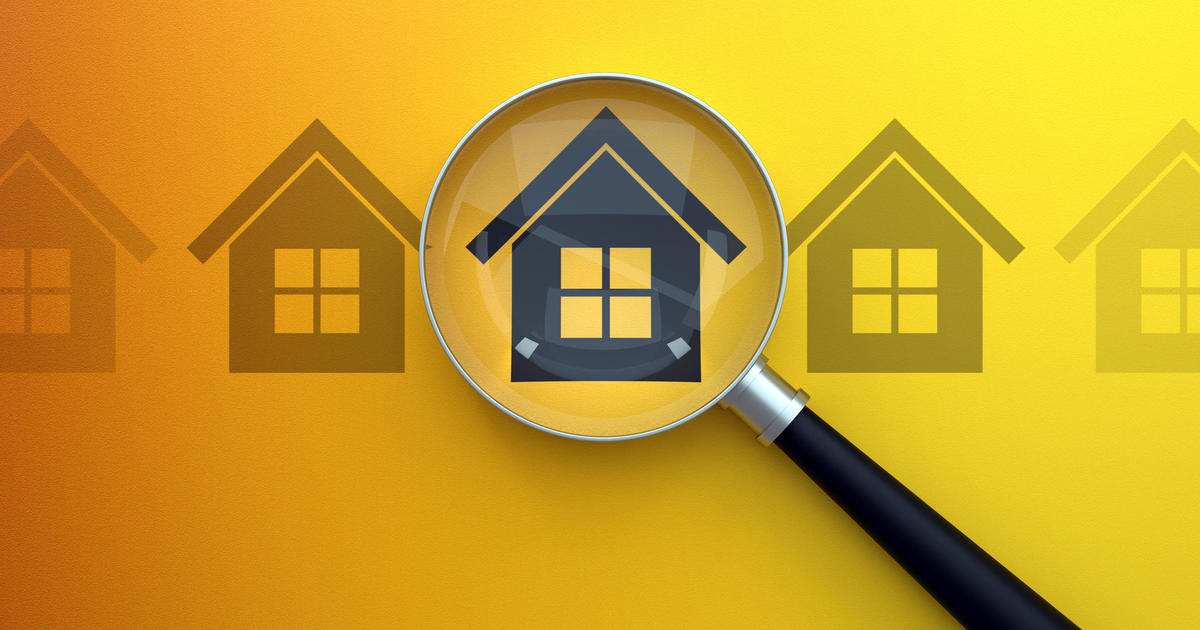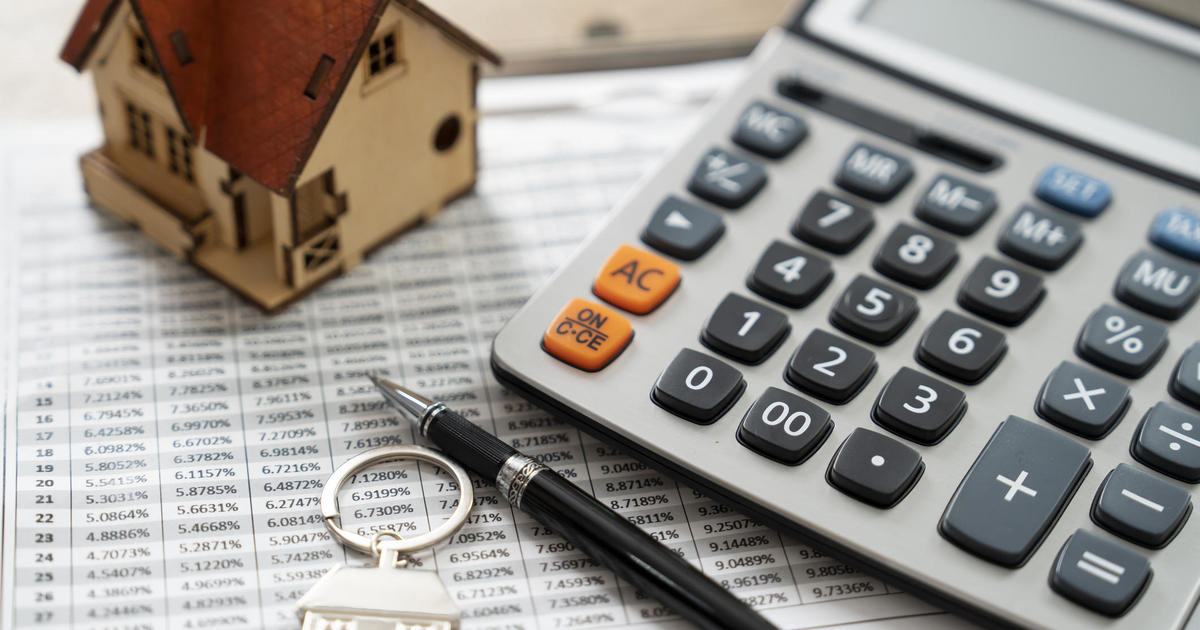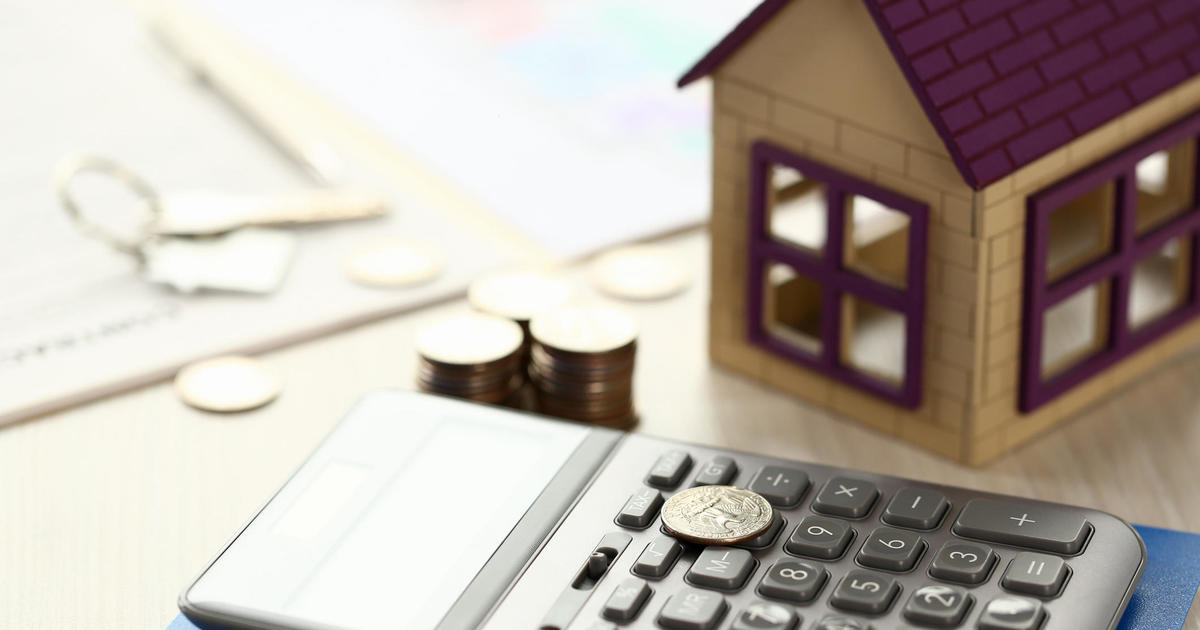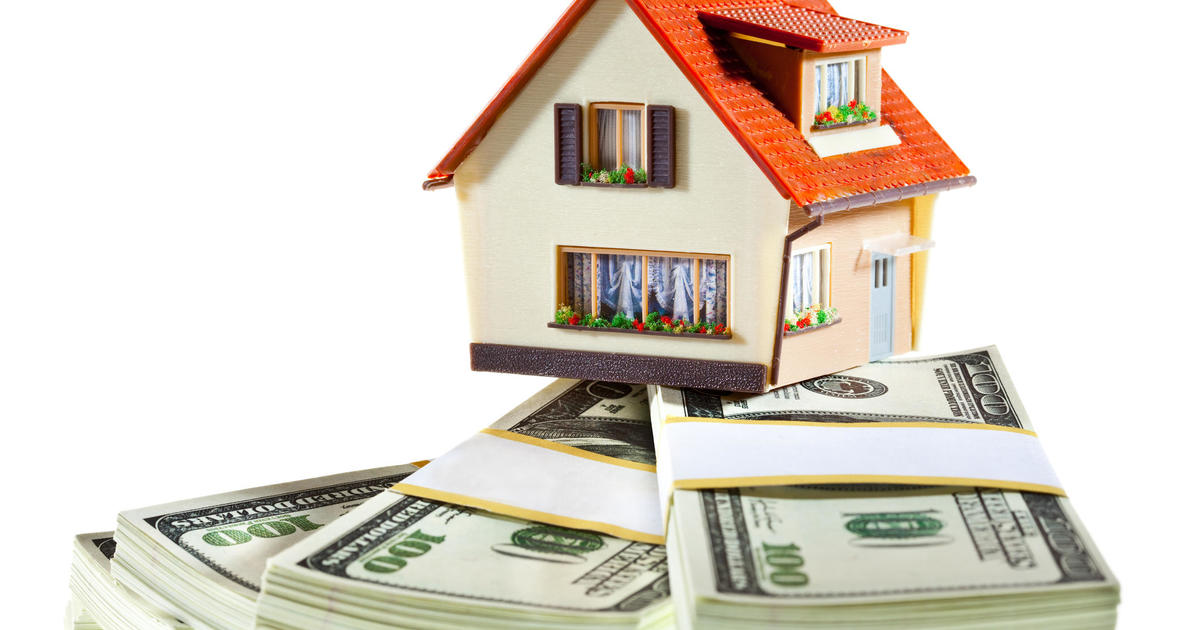3 ways your home could help you in retirement
If you're nearing retirement age and feeling as though your savings may not be quite as hefty as you had hoped, you aren't alone: Many Americans don't have enough money saved to retire comfortably by age 65.
Most older Americans have more than 50 percent of their wealth in home equity -- an asset many financial planners don't take into account when calculating for retirement. But if you're facing a retirement shortfall in your other savings and investments, your home could help bridge the gap in a few ways.
Downsizing
In general, housing costs should be no more than 30 percent of your take-home pay while you're working. By keeping costs in line, you can maximize the amount you can save for an emergency fund or sock into your retirement nest egg.
If you've purchased a home along the way, it may be worthwhile to look at selling it and moving to a less expensive place as you near retirement age. A big tax break is also involved in downsizing, if the house you sell is your primary residence: If you're single, the first $250,000 in profits from the sale isn't taxable, and that bumps up to $500,000 if you're married and filing taxes jointly.
"Downsizing to help prepare for retirement is my first recommendation for clients. It encourages clients of any age to live within, if not below, their means, which is the crux of any successful savings plan. In addition, not only can the client utilize the unused equity toward retirement, they can continue to save from surplus within the budget," financial adviser Quentara Costa told CBS MoneyWatch.
That said, you need consider certain issues when downsizing, including what to do with all of your possessions. Boris Sharapan Fabrikant, realtor at Triplemint, said that's one major consideration for clients looking to downsize. "The difficult thing is storage because they're used to having space," he told CBS MoneyWatch. "Decluttering is definitely a pain point."
Put it in reverse
Another option for seniors age 62 and older who either own their homes outright or have a small amount left to pay on their original mortgage loan is a reverse mortgage, or HECM.
In a reverse mortgage you borrow from the equity you already have in your home, and you don't have to pay it back until you sell the home, or your estate pays the loan after you die. The amount of equity you have determines how much you can borrow.
There are upfront fees, like a mortgage insurance premium based on the ratio of the loan size to the value of the home. Additionally, you'll pay a loan origination fee and closing costs like you would if you took out a traditional mortgage. But unlike a home equity line of credit, or HELOC, there are no annual fees.
Monthly interest is added to the balance of the loan -- though if you do a line of credit rather than a lump sum payout, you'll pay interest only on the amount you use. Also, a reverse mortgage line of credit stays open as long as you remain in the house and is insured by the FHA, which may be a consideration for seniors weighing whether a HELOC or HECM is the better option.
And a reverse mortgage is still borrowing -- which can add up. "Just like when we're investing, when we're borrowing there's going to be compounding interest against us, because we are borrowing from our home," American College of Financial Services professor Jamie Hopkins told CBS MoneyWatch.
You can also look into refinancing your original mortgage to see if it's possible to lower your monthly payments. Before making a final decision, you should check with your financial adviser or visit the U.S. Housing and Urban Development (HUD) website for options on financial counseling and finding a qualified reverse mortgage lender.
Host with the most
Have some extra bedrooms or an in-law apartment over the garage? Renting out rooms is another way to boost your bottom line.
The trend is on the rise: Airbnb said in a 2016 report that its fastest-growing group of hosts in the U.S. is seniors (60 years old or more). Of those, 56 percent are retired, and 45 percent rely on Airbnb income to make ends meet and pay for important living costs.
In the report, Airbnb said the average senior host earns $6,000 per year through this side gig, and "for many of them hosting provides essential income that aids in their retirement."
Regardless of what avenue you pursue, be aware of any potential pitfalls like additional taxes or hidden fees. It may be helpful to speak with a lawyer or financial adviser to find an option that works best with your personal retirement goals.



